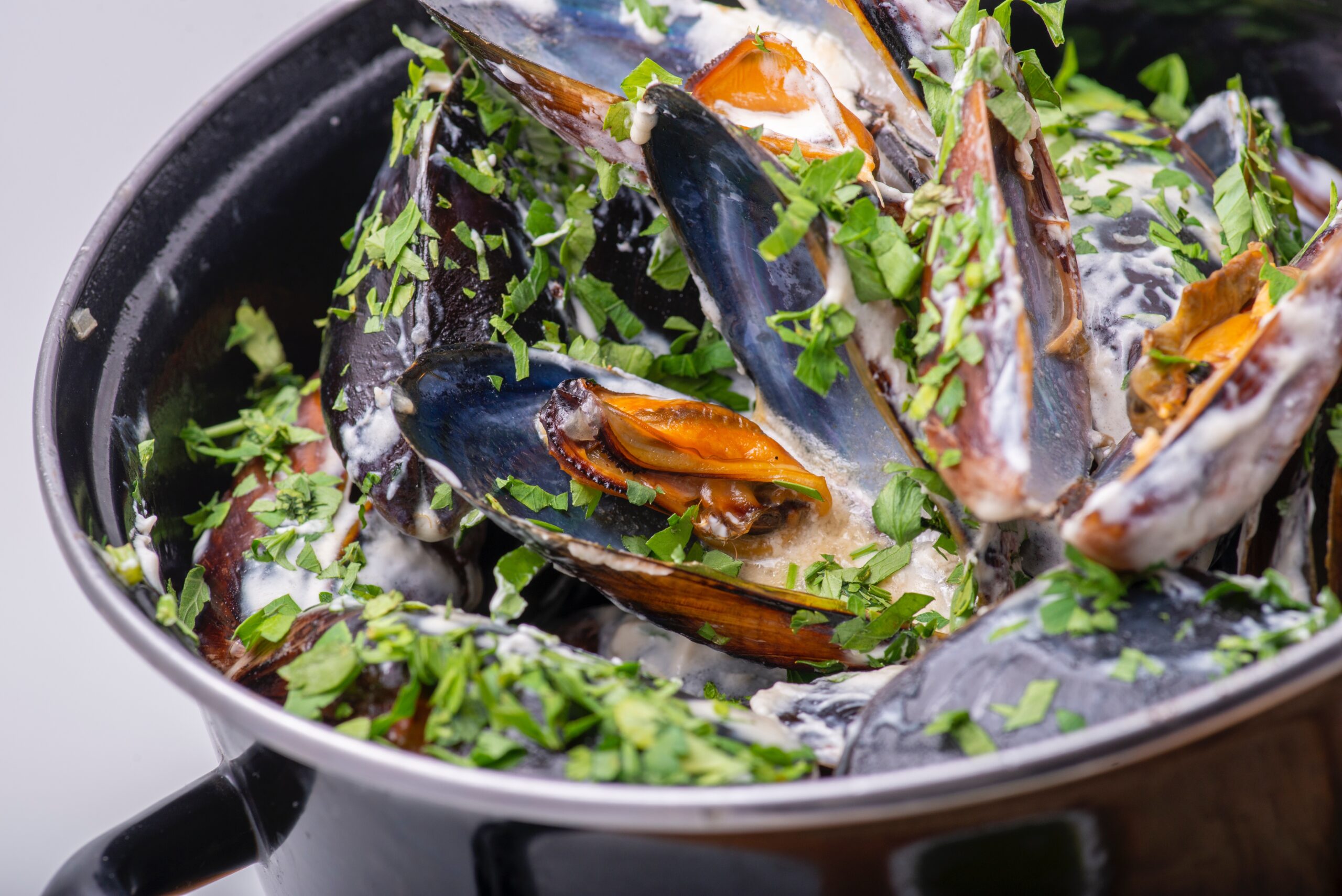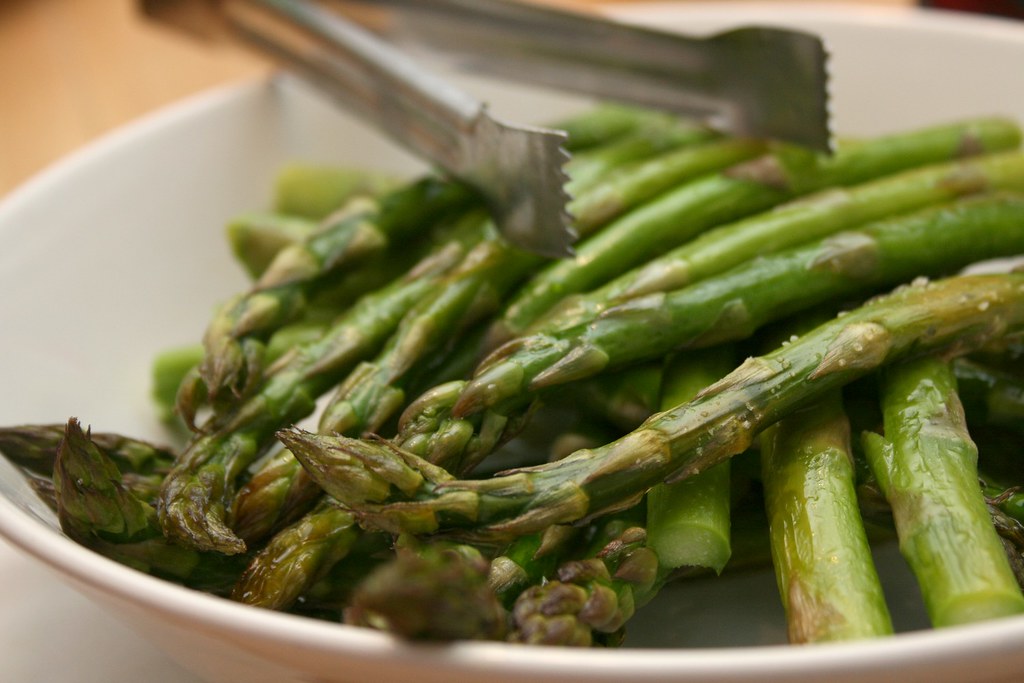Want to reduce chronic inflammation by changing the way that you eat? This episode provides you with a simple, straightforward and in-depth outline of the 4 main principles of an anti-inflammatory diet. We also discuss which types of food to avoid and give lots of examples of foods that are anti-inflammatory.
Following these principles will help you reduce your risk of many chronic conditions, including: diabetes, heart disease, cancer and dementia. And, if you’ve already been diagnosed with one of these conditions, eating foods that combat inflammation will help you improve your management of the condition and increase your overall health and well-being.
Anti-inflammatory foods (your guide): read and refer back to this list when grocery shopping
- Whole foods
- Emphasis on whole foods rather than processed foods
- Healthy fats
- Omega-3 fats:
- EPA and DHA
- Cold water fatty fish:
- Wild fish/seafood
- Buy wild – tends to contain more omega 3s than farmed
- Salmon, sardines, herring, trout, mackerel, tuna
- Mussels, oysters
- Aim for: a few times a week; try to choose seafood options that are low in mercury/toxins. Find healthy, sustainable options here: https://www.seafoodwatch.org/
- Wild fish/seafood
- Guidance: look for balance of EPA to DHA
- Try to get from foods – easy to do! Canned varieties offer good value.
- If you don’t like fish or seafood, ask your doctor or dietitian if 1-2 grams per day supplement of fish oil would be OK
- Cold water fatty fish:
- Vegetarians: ALA: plant-based omega 3s
- Flaxseed, walnuts
- Healthy fats but not necessarily anti-inflammatory – because most of these fats are not metabolized into anti-inflammatory compounds in the body like EPA is
- Algae: supplement (vegetarians): EPA/DHA source
- EPA and DHA
- Avoid: fried foods and trans fats and minimize intake of saturated fats
- Omega-3 fats:
- Antioxidants
- 5-10 servings of veggies/fruit per day
- Veggies/fruit naturally contain high levels of health-protecting antioxidants
- Eat the skin! Contains many antioxidants – wash well with white vinegar & water
- Teas: green, black, etc.: contain antioxidants/polyphenols
- 5-10 servings of veggies/fruit per day
- Probiotics
- Beneficial bacteria which support your gut health
- Healthy balance of beneficial bacteria in your gut keeps things working smoothly, reduces the levels of harmful bacteria and prevents dysbiosis
- Supporting your gut health is important to reduce inflammation, for effective digestion and absorption of foods/nutrients and brain health
- Supplement: best/easiest option for most people to get an effective dose; choose a supplement from a brand that you trust; check with your physician
- Plain yogurt or kefir: some brands contain more active cultures/probiotics than others
- Other sources: homemade kombucha, sauerkraut or kimchi
- Beneficial bacteria which support your gut health
- Carbohydrates
- Eat healthy carbs in moderation
- Minimize: high-sugar, high-glycemic foods and refined/processed carbs – these foods can cause your blood sugar to spike
- Each time blood sugar spikes = creates inflammation; doing this again and again over time creates chronic inflammation in your body
- Healthy carbs: vegetables, whole grains, legumes and also fruit in moderation; the fiber in these foods helps you digest/absorb them more slowly, so there is a more gradual rise in blood sugar after eating them
- Eating protein with carbs will also help prevent blood sugar spikes; for example, having some protein when you eat fruit is not a bad idea – such as a handful of nuts with fruit or eating fruit with a meal will also tend to decrease the glycemic load
- Eat whole grains in place of refined grains
- Examples:
- Brown, red, black, wild rice or quinoa in place of white rice
- Oatmeal in place of cold cereal (processed)
- Sprouted wheat bread or 100% whole wheat bread in place of enriched wheat or white bread (check ingredients)
- Whole grains naturally contain more fiber and antioxidants
- Examples:
- Sweets: minimize intake of added sugar, juice, sugar-sweetened beverages – all of these cause your blood sugar to spike
Conclusion: In summary, 4 types of foods are anti-inflammatory:
- Fish and seafood which is rich in the omega 3s EPA and DHA
- Vegetables and fruit which contains a bounty of antioxidants
- Probiotics – in yogurt, naturally fermented foods or from a supplement
- Whole-food forms of carbs: vegetables, fruit, whole grains, legumes
Subscribe to Vitalita Health: Healthy Aging for GenX now so you don’t miss an episode or blog post. New episode every week! Click Subscribe/Contact in the top menu.



